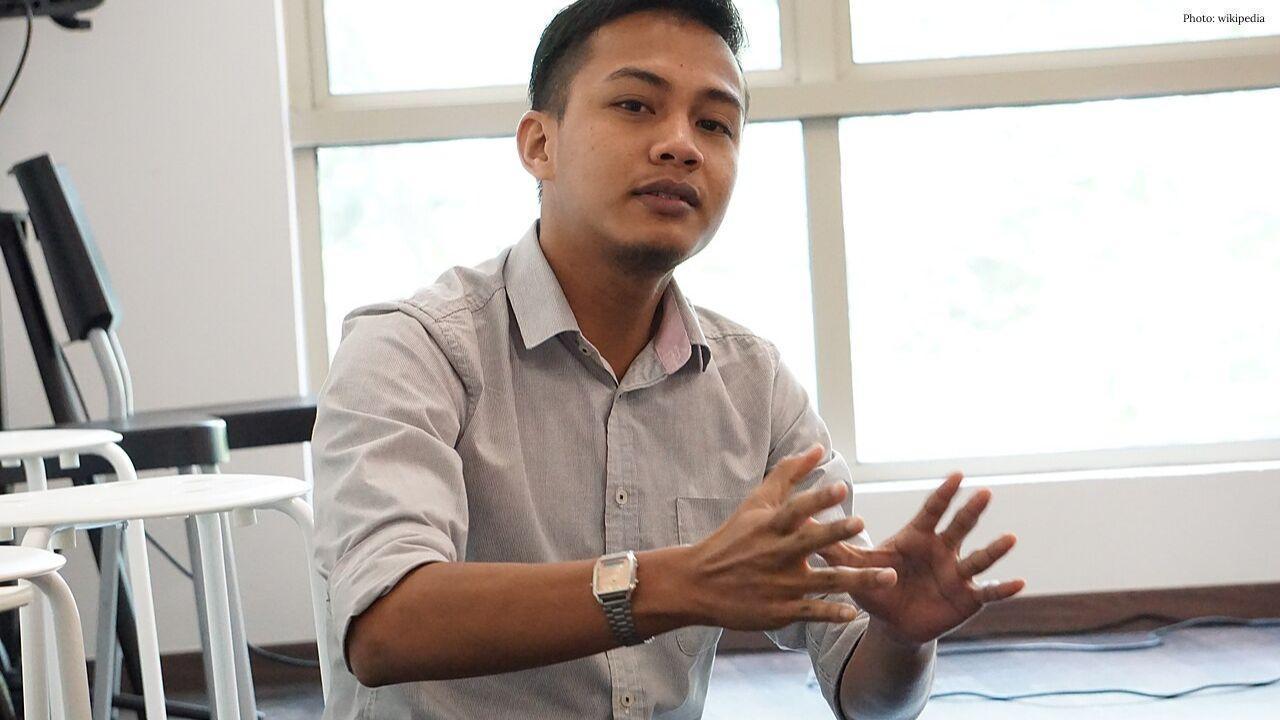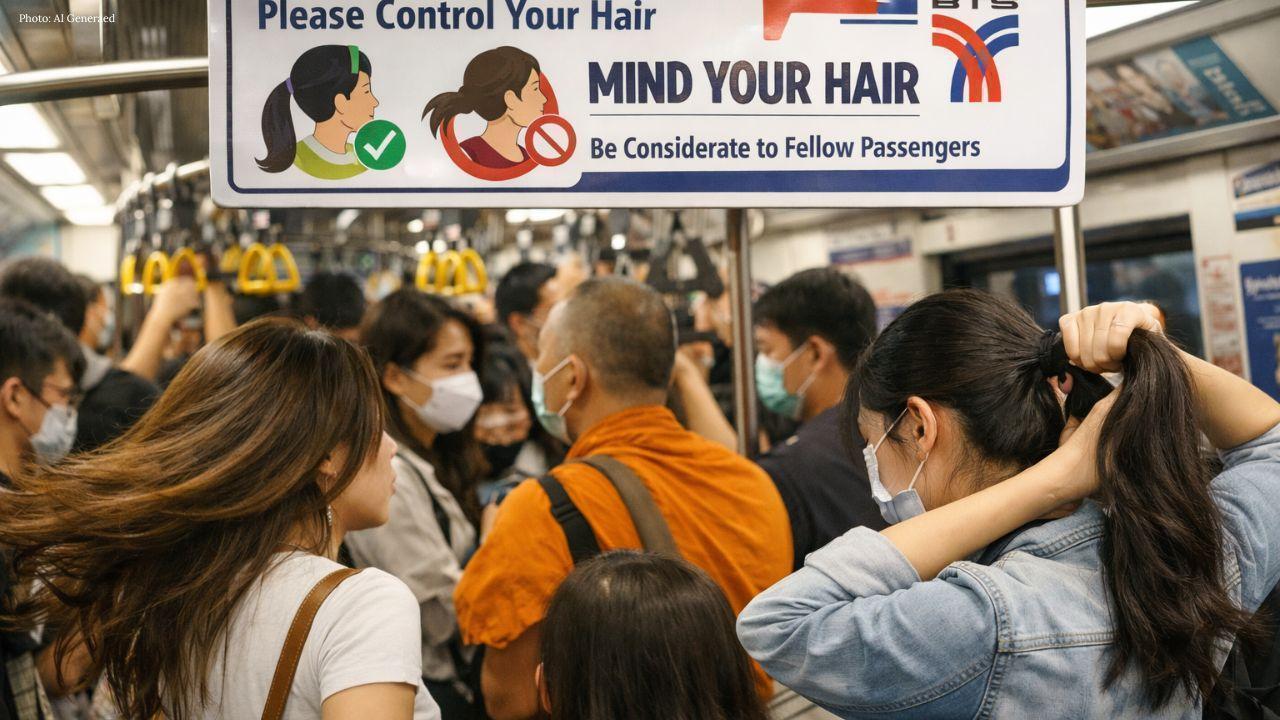You have not yet added any article to your bookmarks!

Join 10k+ people to get notified about new posts, news and tips.
Do not worry we don't spam!

Post by : Anis Farhan
Artificial Intelligence (AI) is no longer a futuristic concept confined to sci-fi novels or laboratories. It's already influencing the most personal parts of our lives — our thoughts, behaviors, values, and most significantly, our identity. As algorithms increasingly shape decisions, customize experiences, and automate routine actions, they also begin to alter how we define ourselves, relate to one another, and interpret our place in society.
From predictive text that molds how we speak, to facial recognition that interprets how we look, AI is not just supporting human experience — it’s beginning to shape it. The pressing question in the 21st century is not whether technology will change our culture, but whether that change is empowering or eroding the human spirit.
One of the most visible impacts of AI is the way it reflects — and often distorts — our sense of self. Social media platforms powered by AI-driven algorithms constantly show us content they believe aligns with our interests, desires, or emotional state. Over time, this creates a sort of digital echo chamber where our beliefs are reinforced rather than challenged. This changes the way we understand others and even how we express ourselves.
In cultures that traditionally valued face-to-face interaction, storytelling, and human connection, digital engagement now takes precedence. Emoji reactions have replaced nuanced conversations. Self-worth, particularly among younger generations, is often linked to likes, shares, and algorithmic validation. The AI that powers these platforms does more than deliver content — it engineers behavior.
Cultural identity is deeply tied to who gets to tell the story. In traditional societies, elders, religious leaders, and storytellers were the custodians of history and values. Today, AI curates the stories we see, hear, and engage with. Recommendation engines decide which books, music, and movies are promoted. This often sidelines smaller cultures and minority voices, replacing rich diversity with algorithm-approved, high-engagement content.
Take language for instance. AI language models are overwhelmingly trained in dominant global languages like English, Mandarin, or Spanish. Lesser-known dialects and regional expressions often disappear in digital interfaces. What happens to cultures whose languages aren’t “AI compatible”? What is lost when those voices go unheard in the digital world?
Virtual reality (VR), augmented reality (AR), and AI-powered avatars allow individuals to “be” whoever or whatever they want — across race, gender, age, or even species. While this opens the door for creativity and inclusivity, it also raises questions about authenticity. If identity can be switched like a filter, does it dilute the meaning of identity itself?
This is particularly important in cultures where identity is rooted in heritage, ritual, and generational continuity. In indigenous communities, for example, identity is passed through oral traditions, ceremonies, and a spiritual connection to land. A digital identity might be convenient, but it lacks the soul, history, and depth of traditional identity markers.
AI systems are increasingly influencing decision-making in healthcare, education, and justice. But these systems often operate without a cultural or moral compass. What’s ethical in one culture might be unacceptable in another. Yet AI tends to apply a standardized logic that doesn’t always accommodate cultural nuance.
There’s also a growing debate about whether AI should have moral reasoning at all. Can a machine understand compassion, sacrifice, or spiritual meaning? In many cultures, especially in Asia, values like collective harmony, filial piety, and spiritual continuity are central. When machines mediate life decisions, can they honor those principles?
In the race toward AI innovation, not all regions are moving at the same pace. Wealthy nations with tech infrastructure are dictating the future of AI, while others struggle with basic access. This digital inequality means that large swaths of the world — particularly rural populations, indigenous communities, and non-English speakers — are being left out of the digital identity conversation.
Moreover, the data used to train AI often reflects dominant social narratives, reinforcing biases. For instance, image recognition systems have struggled to correctly identify darker skin tones, leading to dangerous misidentifications. Voice assistants struggle with regional accents. These glitches aren’t just technical — they are deeply human failures that threaten to erase non-mainstream identities.
Despite the risks, communities around the world are using AI creatively to preserve identity. Digital archives are using AI to transcribe and translate ancient scripts. Artists are deploying generative AI to reimagine folklore. NGOs are using AI tools to map disappearing indigenous languages and customs.
This is where technology can become a force for empowerment rather than erasure. By integrating AI into the fabric of culture — not as a replacement but as a support system — we can create a new digital humanism that honors the past while embracing the future.
For the next generation to understand the intersection of AI and identity, education systems must adapt. It’s not enough to teach coding or robotics. Schools and colleges must explore how AI impacts social values, critical thinking, empathy, and identity.
Just like media literacy became essential in the digital age, “AI literacy” will be fundamental in navigating this new world. Understanding how algorithms work, how data is harvested, and how one’s digital footprint is formed should be basic knowledge. Only then can individuals resist being molded by unseen systems.
The holy grail of AI-human interaction may be empathy — the ability to understand and share the feelings of another. While current systems can simulate empathetic responses, they don’t “feel” in the human sense. This makes them excellent tools but poor substitutes for real emotional connection.
Yet the more we depend on AI for companionship, advice, and emotional validation — as seen with AI chatbots and virtual friends — the more blurred the line becomes. Will future generations struggle to differentiate machine empathy from the human kind? If so, what does that mean for personal identity rooted in real emotional bonds?
The answer may not be to stop technological progress, but to guide it with cultural consciousness. AI design must become more inclusive — not just by expanding datasets, but by involving ethicists, historians, psychologists, and community leaders in the process.
We need a shift from profit-driven AI development to purpose-driven design. That means asking hard questions: Does this tool respect human dignity? Does it preserve diversity? Does it include the voices of the marginalized? Technology should serve humanity, not the other way around.
The intersection of AI and identity is a battleground between homogenization and diversity, efficiency and empathy, innovation and tradition. Technology is not inherently good or bad — it reflects the intentions of its creators and users. But if we let algorithms write our stories, curate our relationships, and define our values, we risk becoming strangers to ourselves.
As we navigate this new age, we must reclaim the authorship of identity. That means embracing AI as a tool, not a guide; preserving the richness of human culture even in digital spaces; and ensuring that progress doesn't come at the cost of our collective soul.
The views and interpretations in this article are intended for general educational and cultural awareness purposes only. This is not expert legal, technological, or psychological advice. Newsible Asia encourages readers to engage in broader research and critical dialogue when forming opinions on complex societal and technological issues.










Raja Ampat Welcomes Back Endangered Zebra Sharks
Scientific collaboration and community education drive rare species repopulation in the Coral Triang

Tomorrowland Thailand Set for Full‑Scale Asian Debut in December 2026
Thailand to host world‑renowned electronic music festival in Pattaya, expected to draw tens of thous

Malaysia’s January Trade Hits RM272.4b as Exports Surge Penang Leads
Exports climb 19.6% year-on-year to RM146.9b with Penang contributing 44.2% of total shipments says

Penang PKR Exco Fahmi Zainol Pleads Not Guilty in Wife Abuse Case
Penang executive councillor Fahmi Zainol denies charges of voluntarily causing hurt to his wife as c

Palapes Cadet Death Case Military Trainers Face Trial as Court Lowers Bail
UTM Palapes instructors plead not guilty to culpable homicide over cadet’s death court lowers bail a

BTS Urges Passengers to Control Hair During Peak Hours
Bangkok’s BTS Skytrain advises commuters with long hair to avoid flicking or tossing it to prevent d